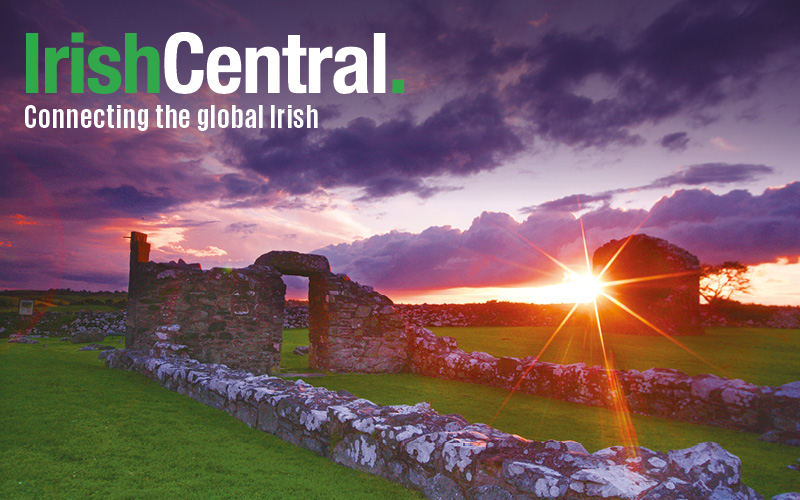The era of the Irish as the major element in the New York Fire Department is fast coming to an end.
Currently New York's Fire Department (FDNY) is 86% white, 9% Hispanic and 5% black. By comparison, the NYPD is 52% white, 27% Hispanic, and 16% black.
Following Bill de Blasio’s deal with the black Vulcan firefighter group a payment of $98 million will go to black firefighters adjudged to have been discriminated against.
Black and Hispanic firefighters will now enter the ranks of the FDNY in much greater numbers in the future, reflecting the population of the city of New York, which is how it should be.
However, it does mean the days of the Irish dominating the Fire Department are almost over.
They have served mightily, no more so than on 9/11, when 40% of the 343 firefighters and paramedics who lost their lives were of Irish background.
Historically, as Terry Golway’s wonderful new book “Machine Made” on Tammany Hall shows, the firefighters were a pretty tough lot.
Boss Tweed, among others, made his political reputation as a fire captain. The different units would race each other to blazes and it often ended in fisticuffs as they were paid only for putting out fires.
Like the police department, the fire department was an obvious place to start for Irish immigrants and their sons. It was one of the few institutions that did not discriminate against them and the Irish joined in droves.
It was a highly dangerous job. Manhattan at the time was deeply corrupt, thanks to folks like Tweed and building fire and safety standards were routinely ignored.
It took the dreadful Triangle Fire in 1911 to force the imposition of appropriate safety codes.
That day the fire ladders could only reach the sixth floor and the helpless women were all trapped 30 feet above on the 9th floor of the building.
Until 9/11 it was the worst loss of life in New York history with 146 dying.
Then came 9/11 the most tragic day in the history of the FDNY.
The first victim was Father Mychal Judge, beloved chaplain for the department and a man I knew reasonably well.
I wrote a book called “Fire in the Morning” about the Irish victims on the day.
I interviewed the families of many of the dead heroic firefighters. I found them remarkable people, somehow coping with a tragedy the likes of which no family should have to bear.
I discovered a subset of New Yorkers who were stoic, brave, loyal and incredibly committed.
It made me feel good just to be around them.
Last weekend before St. Patrick’s Day I was down in Breezy Point as our Irish Voice publication and Guinness paid tribute to the heroes of Hurricane Sandy, many of them firefighters too.
I found the same camaraderie and kindness I saw when I was writing my book.
Good luck to the Hispanic and Black firefighters who will join up now and rightfully so.
But I just know they have a hard act to follow.




Comments